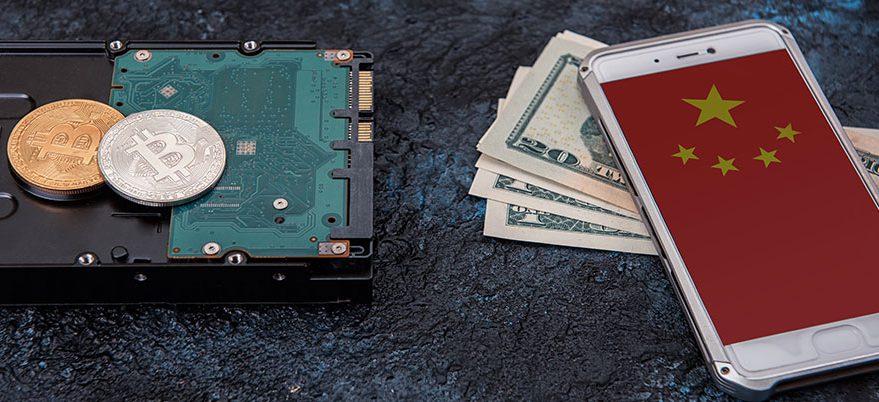|
Getting your Trinity Audio player ready...
|
November marks the end of an era in China: BTC trading on domestic exchanges is now banned in the country.
The Beijing government announced in September that they will prohibit cryptocurrency trading in the country over growing concerns that the digital currencies have become the top choice for criminal activities like money laundering, drug trafficking, smuggling and illegal fundraising.
Most exchanges ceased their operations at the end of September, although two of China’s largest exchanges—OKCoin and Huobi—have been allowed to offer yuan-denominated trading until October 31, after which BTC trading is officially history in China.
There have been reports that cryptocurrency trading may resume in the country in the coming months, but the People’s Bank of China has yet to make an official announcement. Until then, many exchanges are reinventing themselves to survive.
OKCoin announced that it will rebrand as Bihang.com, and will offer customers a free online wallet for all types of digital assets. The company’s Beijing team will become a service provider for blockchain applications and development, while Hong Kong-based branch OKEx, which remains unaffected by the Beijing crackdown, plans to open a peer-to-peer (P2P) platform.
Also looking to open a P2P platform is Huobi via Huobi Pro, a Singapore-based digital asset trading platform for professional traders. Huobi Pro currently offers trading in nearly 10 digital asset classes and P2P investment services. Huobi is also setting up an exchange platform in South Korea to compete with marketplaces like Bithumb.
“Huozhuo China (huobi.cn) will transform itself into a comprehensive integrated information and research service platform in the vertical area of the blockchain, focusing on providing professional, in-depth and frontier blockchain technology research and development and application for users in mainland China,” said Lin Li, CEO of Huobi, in a statement.
BTC China, which shut down its domestic trading platform in September, has since rebranded as BTCC and shifted its resources to its mining pool, international market and wallet software Moby.
After shutting down the exchanges, the Beijing government has now turned its attention to the cryptocurrency over-the-counter (OTC) market, which has seen a spike in trading after regulators halted domestic on-exchange trading.
According to a new report from the National Committee of Experts on Internet Financial Security Technology, yuan trading volumes on OTC exchanges like LocalBitcoins, Paxful, CoinCola and Bitcoinworld have significantly increased after the government cracked down on domestic exchanges.
After analyzing the BTC-CNY transaction data of LocalBitcoins, Paxful and CoinCola, the government agency found that “the transaction volume of the three platforms totaled 680 million yuan (US$103 million).
“With the deepening development of BTC, OTC trading has been increasingly active. OTC opponents both anonymity, transaction payment channels, and there may be fraud trading risks. [The] National Internet Financial Risk analysis technology platform will continue to monitor.”
Recommended for you
Circle (NASDAQ: CRCL) soared in 2025 thanks to U.S. ‘regulatory clarity,’ but can this momentum survive a ban on crypto

 02-26-2026
02-26-2026 




